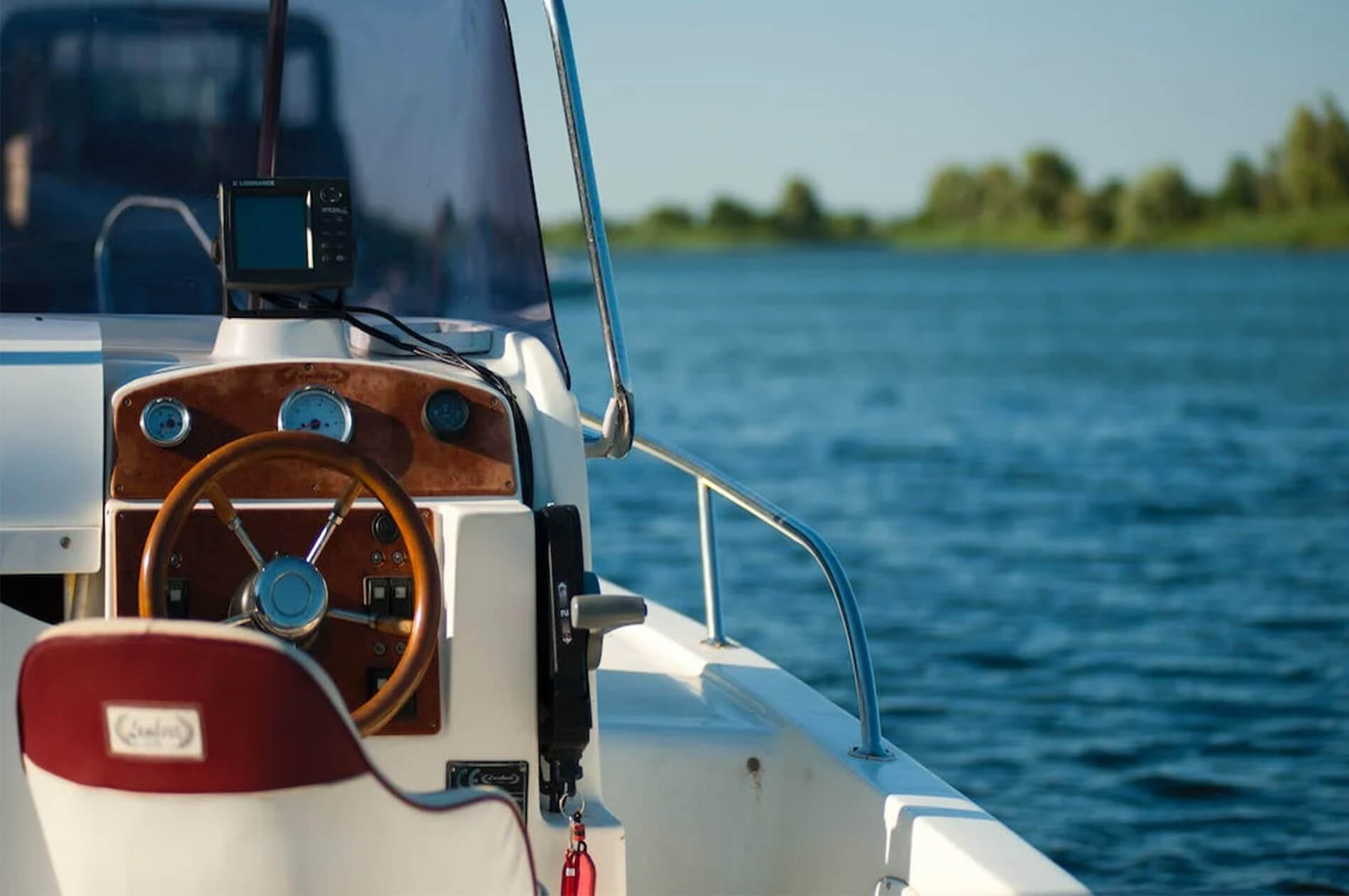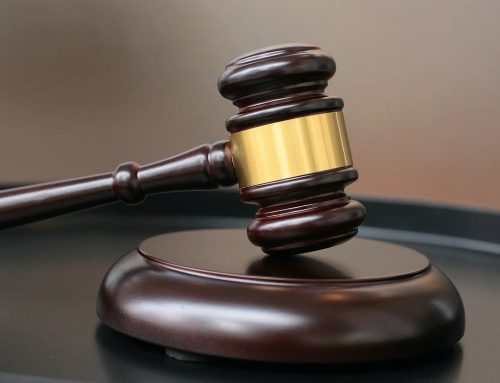
Operating a boat comes with risks, and all boat operators must exercise care and caution to prevent accidents and injuries. However, even when every aspect of boat safety is followed diligently, accidents can still happen.
In this post, we will discuss the circumstances that warrant an accident report and other steps to take, including what to expect following a boat accident, to help all boating enthusiasts when a boat operator is required to report an accident.
Circumstances That Require You to Report a Boating Accident
Contact the local authorities at the earliest possible time if any of the following occur:
Failure to file the proper report may lead to heavy fines and possible jail time.
Legal Requirements
As the boat operator, it’s up to you to make sure you follow the proper procedure with law enforcement and accident reporting. A boating accident report also helps the coast guard collect data and put appropriate response measures into place.
If you are the boat operator involved in an accident, you need to stop, identify yourself, assist where you can, note down the details of the incident for the boating accident report, and then file the forms with the proper authorities.
Steps to Take After You Are Involved in an Accident
Your immediate concern is to make sure that everyone is safe and to get help for the injured. Bring anyone who fell into the water back on board safely. Call local authorities for help if there were any injuries or damage to the vessel.
Make sure that you document all the details you can for the accident report. Write down the date, time, location, parties, and the watercraft involved. Take pictures if possible to back up your statements.
Share your insurance information with other parties and include the information in your required report. Remember that you need to file boating accident reports in a timely manner.
Accident reports aren’t the same as an insurance claim. If an accident occurred and it caused significant property damage, you will need to contact your insurance company to file the appropriate reports to cover medical costs and damages.
Any time a serious accident occurs, it’s wise to contact a boating accident lawyer for advice and legal assistance. This is especially true if there are potentially lasting consequences, such as a long-term disability due to severe injuries, a fatality, or a complete loss of a boat or other property.
Causes of Boating Accidents
Accidents happen for many reasons, but not all boating accidents are solely the fault of the boat operator.
Some of the most common scenarios that result in the need for boating accident reports include:
Preventative Safety Measures
Take all possible precautions to avoid getting into an accident. This goes beyond first aid and making sure everyone has a life jacket.
Some tips for boating safety include the following:
Recreational boating accidents are serious. Your actions can mean the difference between a fun outing with friends and family, or a catastrophe resulting in injuries or even death. Don’t take the responsibility lightly. Take the time to prepare yourself and your vessel to minimize the risk of having an accident.
Possible Penalties for Negligent and At-Fault Operators
If you are found to be at fault for causing a boating accident due to dangerous operation or negligence, you could face serious consequences. Actions such as willingly ignoring boat defects, failing to boat safely, or operating the vessel while under the influence of drugs, such as alcohol, could lead to fines, loss of your boating license, imprisonment, or lawsuits if you cause property damage or people are injured.
Contact a Boating Accident Lawyer
If you have been in a boating accident, it is best to contact an experienced lawyer for help. At Wynperle Law, we specialize in motor vehicle accidents and resulting injury and insurance losses, claims, and liability issues.
If you have been injured or lost property due to a boat accident, contact us today to discuss your case. We will help you get you the settlement you deserve.





